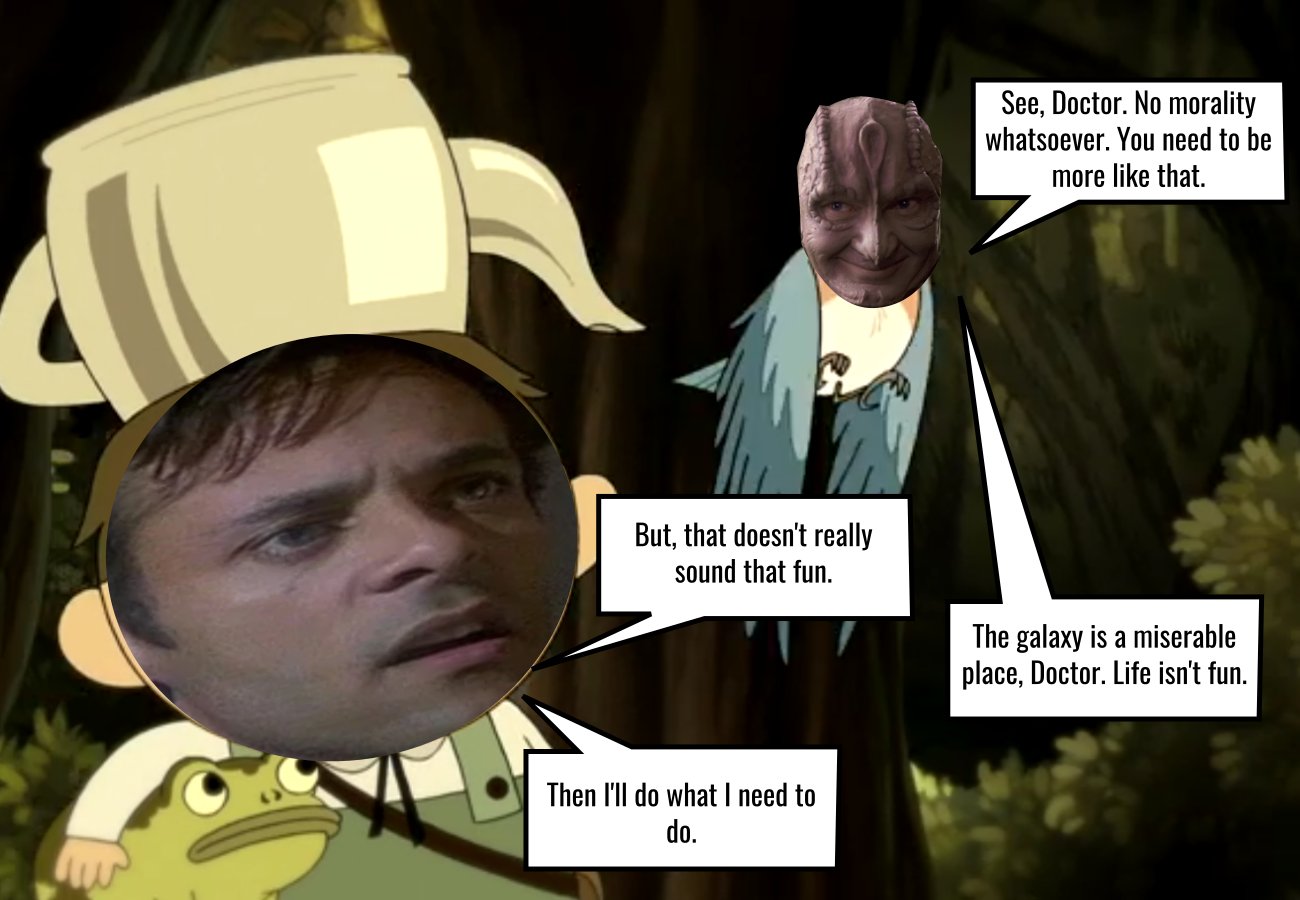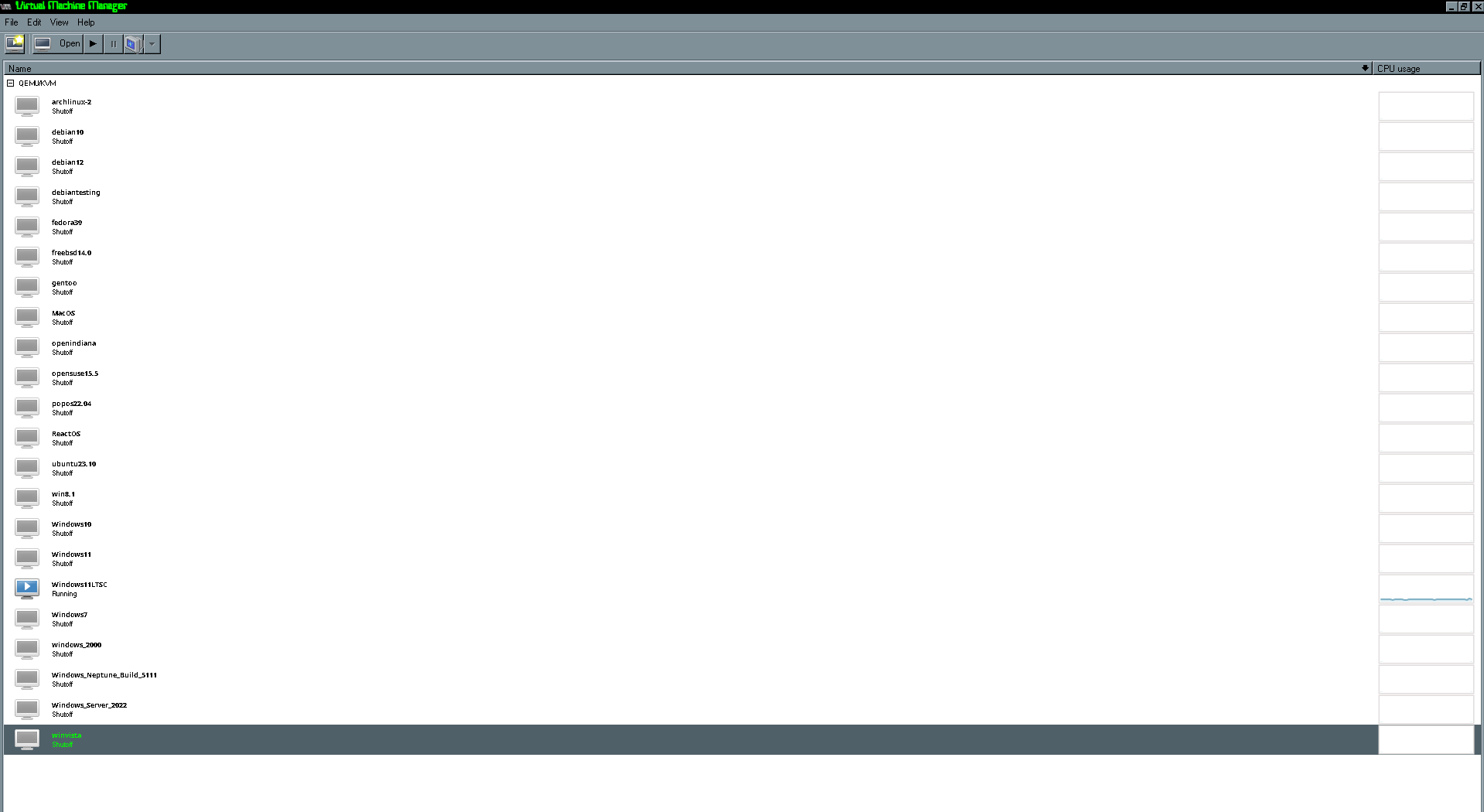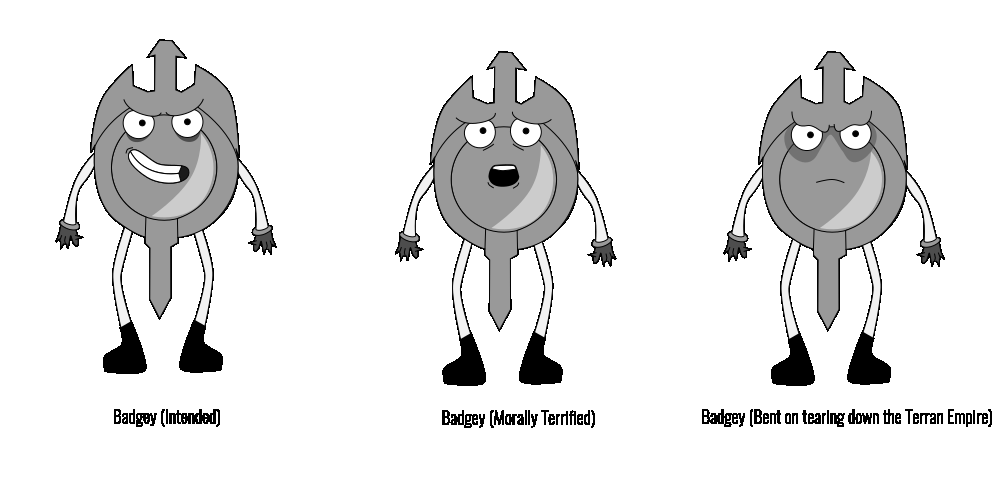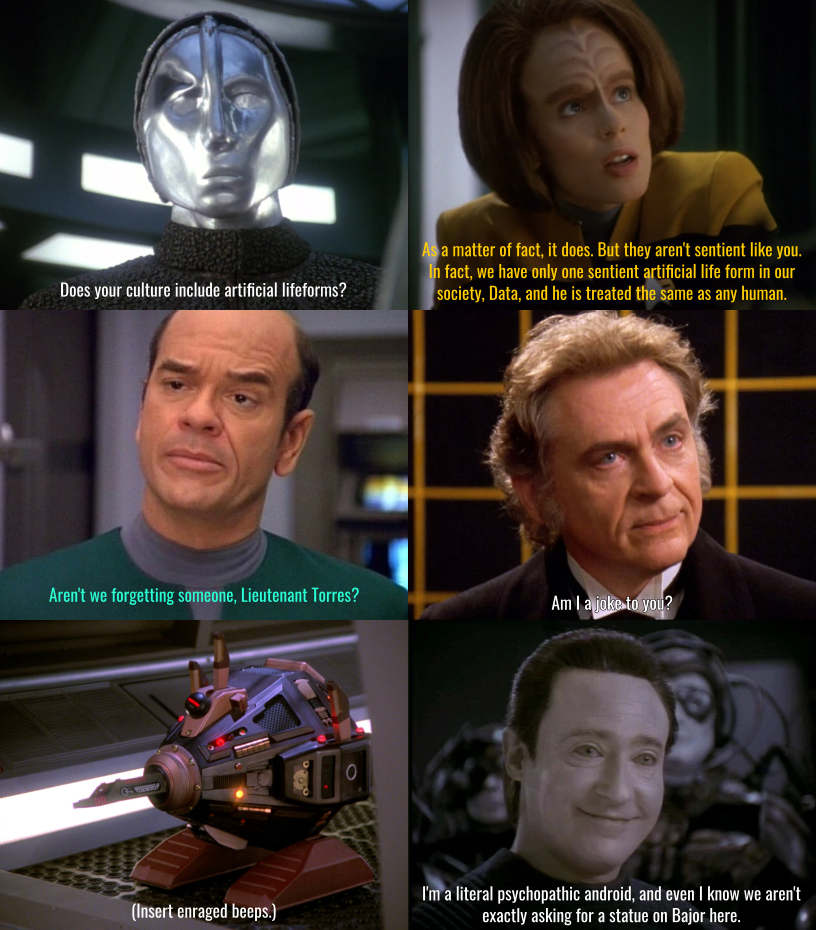The "Harry Kim" thing was mostly just a joke. I guess the more literal phrasing of my question is how did someone, over less than three years, go from seemingly severely inadequate education to being accepted into Starfleet Academy and becoming an effective officer.
What do you mean by "window roll-up"?
Also, the settings menu thing is weird - mine takes less than a second to load, and I'm on a machine with a 7 year old processor at this point. I almost worry that if that takes a long time KDE will be more miserable performance-wise, unless you've already tried it on here.
By the way, what distro and XFCE version are you running - just for good measure.
The outdated sentiment is probably based, honestly. I think it's gotten better, but there are rough edges. In the end, do what works for you.
I feel like a lot of your points were true at one point, but are becoming lest relevant.
For one, at least with XFCE, I found myself not really running into DE bugs.
Also, I don't think two years is as obnoxious anymore. During the era of the GTK 4 transition a couple, it drove me nuts, but now that a lot of APIs like that have stabilized, I really don't notice much of a difference between Debian Testing and Stable. I installed and daily drove Bookworm late in its lifecycle on my laptop, and in terms of DE and applications, I haven't noticed anything. I get the feeling Debian's gotten better at maintenance in the past few years - I especially see this with Firefox ESR. There was a time where the version was several months behind the latest major release of ESR, but usually it now only takes a month or two for a new ESR Firefox to come to Debian Stable, well within the support window of the older release.
Also, I don't think Flatpaks are a huge dealbreaker anyway - no matter what distro you're using, you're probably going to end up with some of them at some point because there's some application that is the best at what it does and is only distributed as a Flatpak.
Frankly, I probably am a terrible reference for gaming, as I'm a very casual gamer, but I've found Steam usually eliminates most of these issues, even on Debian.
Also, the official backports repository has gotten really easy. My laptop had an unsupported Wi-Fi chipset (it was brand new), so I just installed over ethernet, added the repo, and the install went smoothly. There were a few bugs, but none of these were specific to Debian. Stability has been great as ever.
In conclusion, I think right around Bookworm, Debian went from being the stable savant to just being an all-around good distro. I'll elaborate more on why I actually like Debian in a comment directly replying to the main post.
I might disagree with 99.999% like you - maybe I'd put it in the 50-75% range.
I've always wondered what the proper Klingon translation of "Experience bIj" is.
The best I can come with, with my crappy understanding of Klingon and The Klingon Dictionary at my side is "bIj yIbech" ("Suffer bIj!"), but there is probably something horribly wrong with that translation. Even if nothing was grammatically wrong with it, it could be an overly literal translation.
Before you give up on XFCE and/or Chicago95 - have you replaced the default menu with Whisker Menu? For me, Whisker Menu is a must-have for any sane XFCE user. When I used it with Chicago95, I found I could have a Windows 7 style interface with Windows 95 aesthetics.
Honestly, even if Chicago95 is aesthetically not what you want, I'd recommend trying an alternate theme on XFCE - I currently use modified DesktopPal '97 combined with a pack of Haiku-style icons.
Overall, I'd be interested to know more about your qualms with XFCE and see if customization can help you overcome them. A lot of distros have annoying defaults for XFCE, but I changed a few simple settings and have a desktop I rather enjoy using. It is totally fine if it still isn't the thing for you after any potential discussion, but I just want to make sure you really know what XFCE has to offer before you move on.
And this is why for the most part, I'll never run a browser extension that isn't FOSS. Certainly a perfect defense, but combined with just trying to use as few extensions as possible, it has worked for me.
I also get the feeling that Firefox usage per capita is higher around the fediverse - I certainly use it.
I mean, I’m pretty sure it says at the end of the episode the Doctor decided to try and find what ended up happening to Voyager after he set the record straight.
Actually, the fact Boimler has one suggests they made an iteration for the early 2380s uniform, meaning they kept making them for a while.
What I meant is technically, in the time frame of Academy, assuming we can take their word that this is the "normal" Doctor, the VOY:Living Witness Doctor should still be alive as well.
Depending on how you count it, both will be the same age. It would be incredibly funny if both versions of the Doctor met.
Both of them.
Actually, imagine a William Boimler moment between Alpha Quadrant Doctor and Delta Copy Doctor.
I spent 4-6 hours the other day trying to figure out the equivalent of Hello World for a MediaWiki parser function extension.
In theory, they have a quick start guide, but that documentation has so many errors, and I spent ages jumping between PHP and a JSON configuration file I barely understood.
At least it's working now. Now time to figure out how the heck to properly interact with the MediaWiki database!
(Perhaps once I'm a bit more confident in MediaWiki development, I'll see if I can tidy up some that documentation.)








As with others, I love Debian Stable.
Most packages have sane defaults, and it's so stable. It's true that it sometimes means older software versions, but there's also something to be said for behavior staying the same for two years at a time.
If hardware support is an issue, using the backports repo is really easy - I've been using it on my laptop for almost a year with no problems that don't exist on other distros. If you really need the shiniest new application, Flatpak isn't that bad.
It also feels in a nice position - not so corporate as to not give a darn about its community, but with enough funding and backing the important stuff gets maintained.